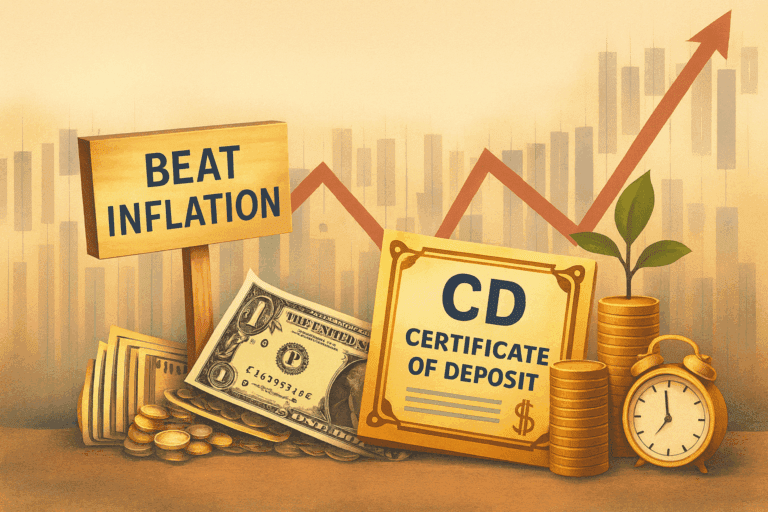It’s common these days to hear politicians, disgruntled consumers, and pundits pin the blame for inflation on companies basically seeking to fatten their coffers. Even President Biden has explicitly blamed the current inflation issue on corporate greed. But is that the whole story? Are companies really to blame for inflation?
Inflation in a Nutshell
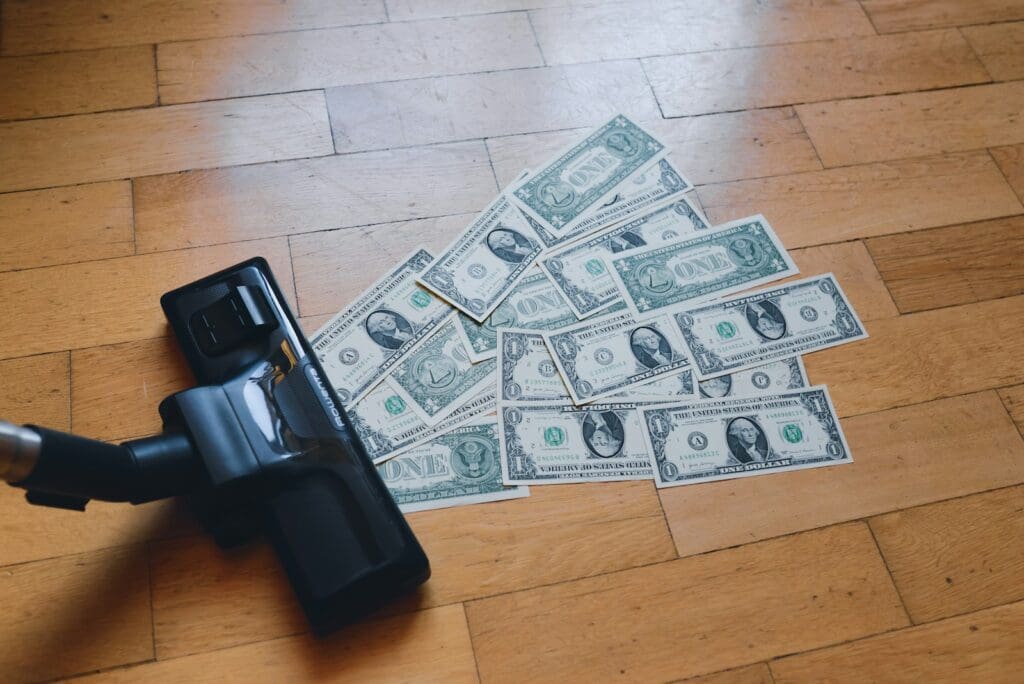
Inflation is a somewhat straightforward economic concept, but it can get lost in the shuffle and chaos of rising prices. Inflation occurs when the real value of fiat currency, like the US dollar, falls in relation to the value of goods. In short, a dollar can’t buy what it used to because inflation has taken place.
Runaway Inflation
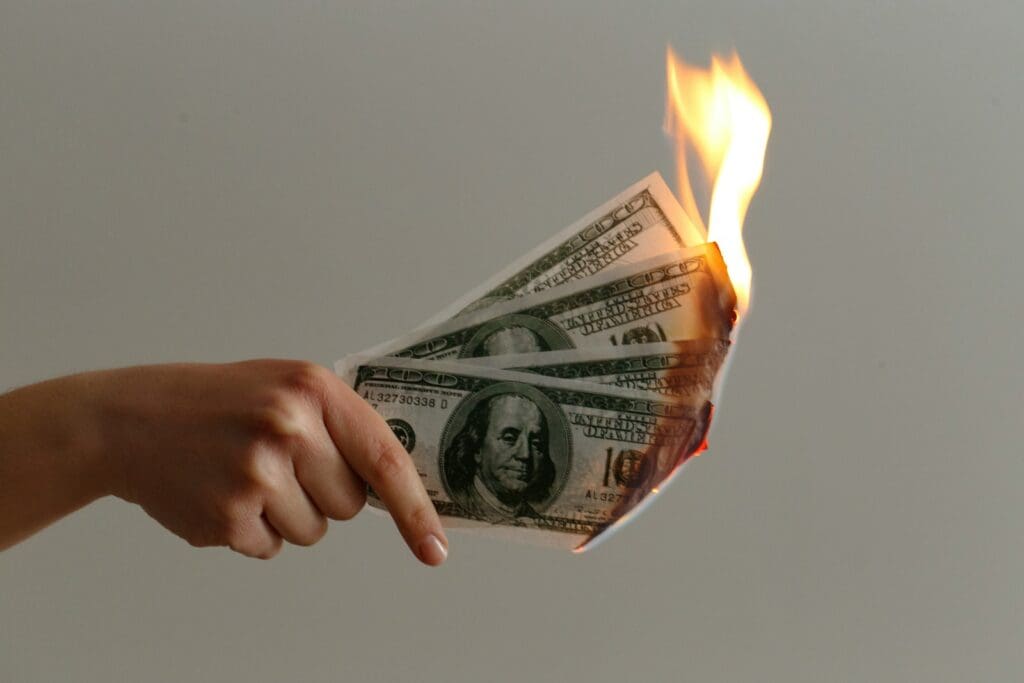
Inflation was out of control by June 2021, cresting as high as 9% annually as the economy took weird turns after the COVID-19 outbreak. Supply chain issues collided with production shortfalls and increased demand for consumer goods, creating a perfect storm for rising prices. Simply put, everything got more expensive because everyone wanted more of everything.
Getting it Under Control
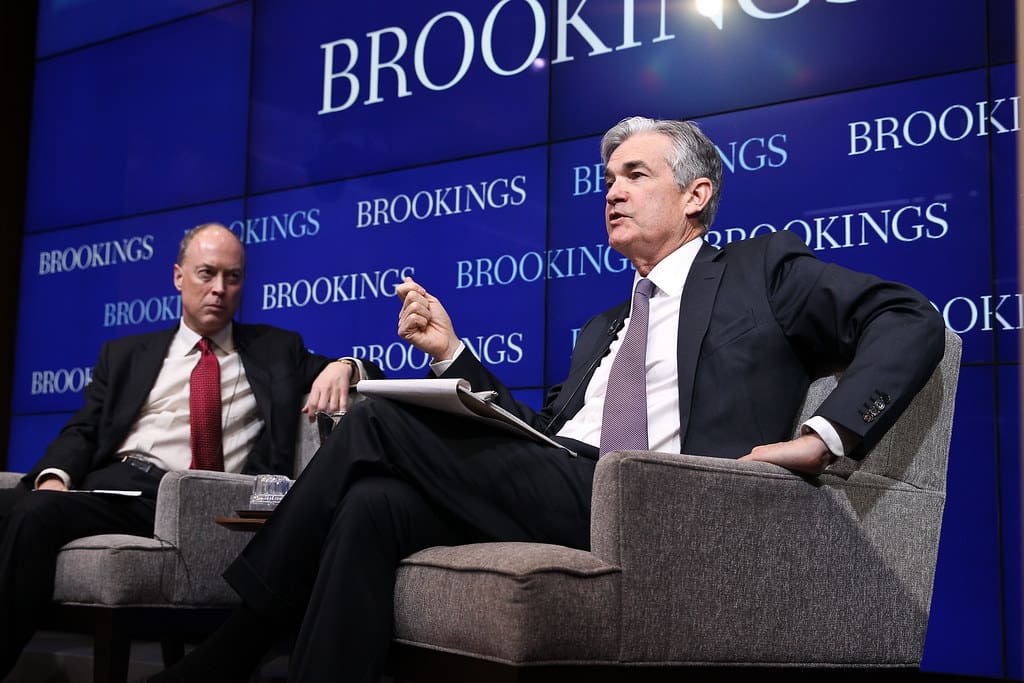
Getting inflation under control has been no simple task for the US Federal Reserve. The Fed has kept interest rates at a twenty-year high to fight the runaway inflation rate and has only recently seen things calm down back to a 3% annual inflation rate. That’s still far from the Fed’s target of 2% inflation, leading to the burning question: what’s causing this red-hot inflation?
Supply and Demand

One theory holds that COVID, combined with generous stimulus checks, made supply and demand move out of whack around 2020 and 2021. Once prices jump, they’re also unlikely to ever come down. Why would a company charge less for something when it has proof that it could charge more? That supply shock theory is the prevailing line for many companies, too, who argue that the high prices are out of their control and related to supply chain issues.
Corporate Profits

Still, none of those points change the fact that corporate profits are at or above previous all-time highs. Research shows that “mark-ups,” a friendly term for price gouging, primarily affected sectors like gas and cars in 2021. However, the average consumer also blames the high price of groceries, car insurance, and clothes on this same corporate greed.
Looking for Scapegoats?

Some economists say the White House and frustrated consumers are just looking for scapegoats. After all, inflation is a complicated issue with a wide variety of possible causes. Just getting mad at C-suite executives for raking in big bucks doesn’t change that inflation is caused by measurable economic forces like supply and demand.
Business as Usual
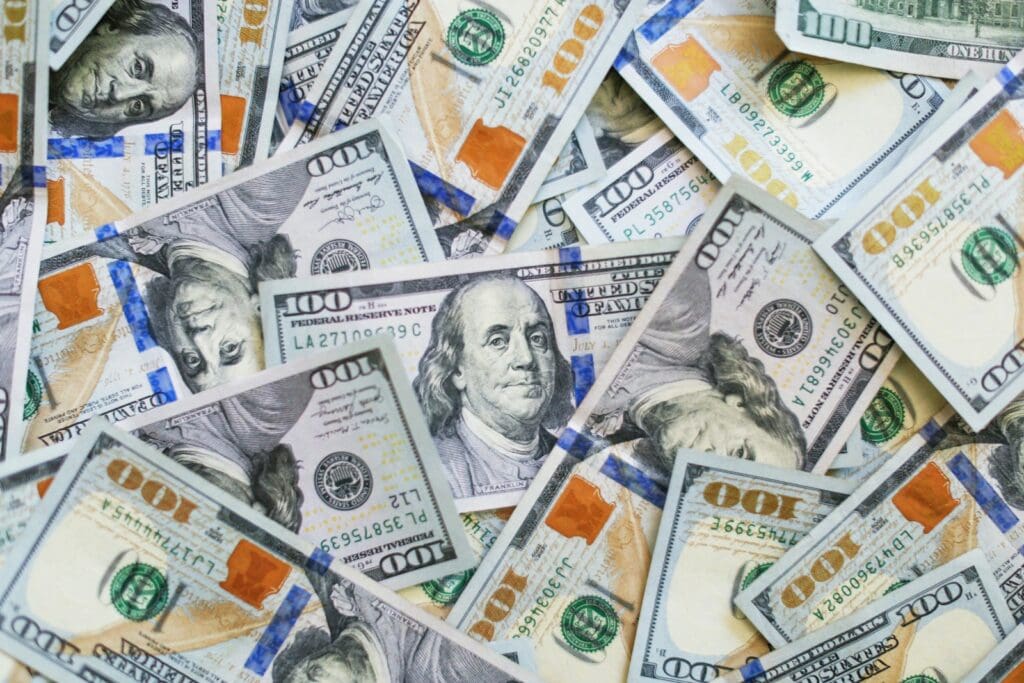
A report from the Kansas City Fed showed that 41% of the inflation from 2022 and 2023 was caused by corporate profits. In a nutshell, that means corporate greed was impacting a little under half of inflation. In that same report, Fed economists made sure to note that this was normal, and that in previous inflation-heavy years corporate profits contributed as much as 59% to the year-over-year rate.
Frustration Growing

But just because it’s business as usual, that doesn’t mean that people like it. The cost of items like groceries and gas is very visible to the majority of Americans, and, if they feel like they’re being treated as suckers, they’ll let corporations know. With more people than ever actively blaming corporate profits for their personal financial woes, it’s up to the companies reporting those profits to do something about the situation.
Read More: Why Have Interest Rates Been So High?
Bad Optics

Frankly, it’s a bad look for CEOs to get huge bonuses while the average American household is paying more money for the same groceries. Economists can point to complicated supply issues and the invisible hand of the market, but American workers are pointing to empty bank accounts and barren pantries. Those optics catch up to companies eventually.
Read More: Are Interest Rate Cuts Good for the Economy?
Are Companies to Blame?

So, are companies to blame for high inflation? The simple answer is “yes”. The complicated answer is “not exclusively”. The true answer is “they’re responsible enough that they need to do something before people get fed up.” What starts as a slowdown in purchasing can turn into a full-blown recession in a very short time.
Read More: Is a Recession Still Likely?




